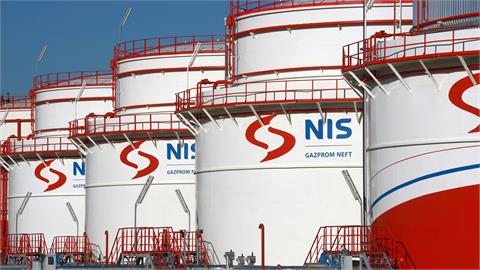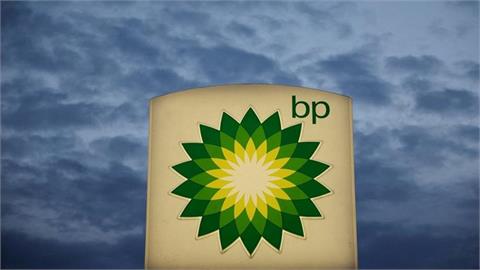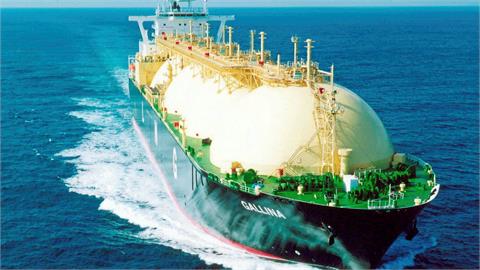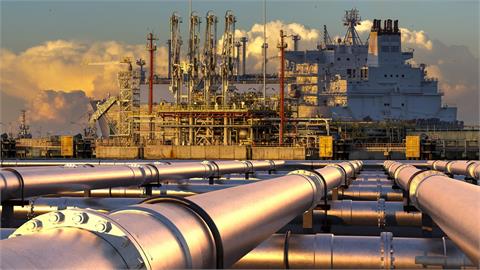Natural gas demand in Europe has declined year-on-year by about 8% or 19 billion cubic meters (bcm) in the first five months of 2020 due to the successive impact of mild temperatures, high renewables in power generation and the consequences of COVID-19, according to Oxford Institute for Energy Studies’ (OIES) latest report.
It explained in the report entitled, Natural Gas Demand in Europe: The Impacts of COVID-19 and Other Influences in 2020, that gas demand in Europe had already been weak for over two decades even before the COVID-19 pandemic due to limited use in heating and power generation.
"In the first five months of 2020, power generation was down by 6.6% year on year, while at the same time, the share of renewable generation increased to 43%, up from 37% over the same period in 2019, with hydro and wind as the main contributors, at 18% and 17% respectively,” the report said.
It further detailed that these circumstances have left little room for other fuels with nuclear generation down by 11%, gas by 13% and coal by 28%.
-Sharpest demand decline in France
As the role of gas in the primary energy supply varies widely across Europe, not all countries have been affected equally by mild temperatures, lockdown measures or higher shares of renewables in power generation, according to the report.
The sharpest decline in demand was seen in France with a 13.2% drop and in Italy with an 11.5% fall while Poland registered a small increase of 2% as a result of coal-to-gas switching in its power sector.
"At the national level, the impact on gas-based power generation varied widely. As a result of the high carbon prices, most of the least efficient coal plants were priced out of the mix and in countries where some coal-to-gas switching was still possible, gas-based generation showed good resilience because of low gas prices,” it added.
The report said gas generation was up by 3% in Germany, 9% in Poland and potentially by 10% in the Netherlands while in countries with limited to no possibility of switching between the two fuels, gas generation decreased.
"In the UK, it collapsed by 31%, in France, it was down by 18%, in Italy by 13% and in Belgium by 7%,” it said.
It added that in Spain, gas demand for electricity generation was down by about 11% to around 5.8 bcm in the first five months of the year compared to the same period last year.
The institute forecast that the largest decline in volume is expected in the UK with a 3.4 bcm fall, Italy with a 1.3 bcm slide and Spain with a 0.8 bcm drop.
-Link between economic recovery and gas demand
According to the report, as the correlation between economic recovery and gas demand is not straightforward, countries with a large share of gas demand in their industrial sector; for instance in Central and Eastern Europe, a more significant decline and rebound in gas demand due to GDP changes is possible compared to countries where demand is concentrated in the power or the building sectors as these show much less correlation with GDP growth.
All in all, the impact on gas demand in 2020 could be relatively minor with governments focusing on immediate recovery from the pandemic, and with gas continuing to benefit from very low gas prices of about $2/MMBtu along with weather that is helping sustain gas demand for the rest of the year, it added.
(Anadolu Agency, June 19, 2020)



